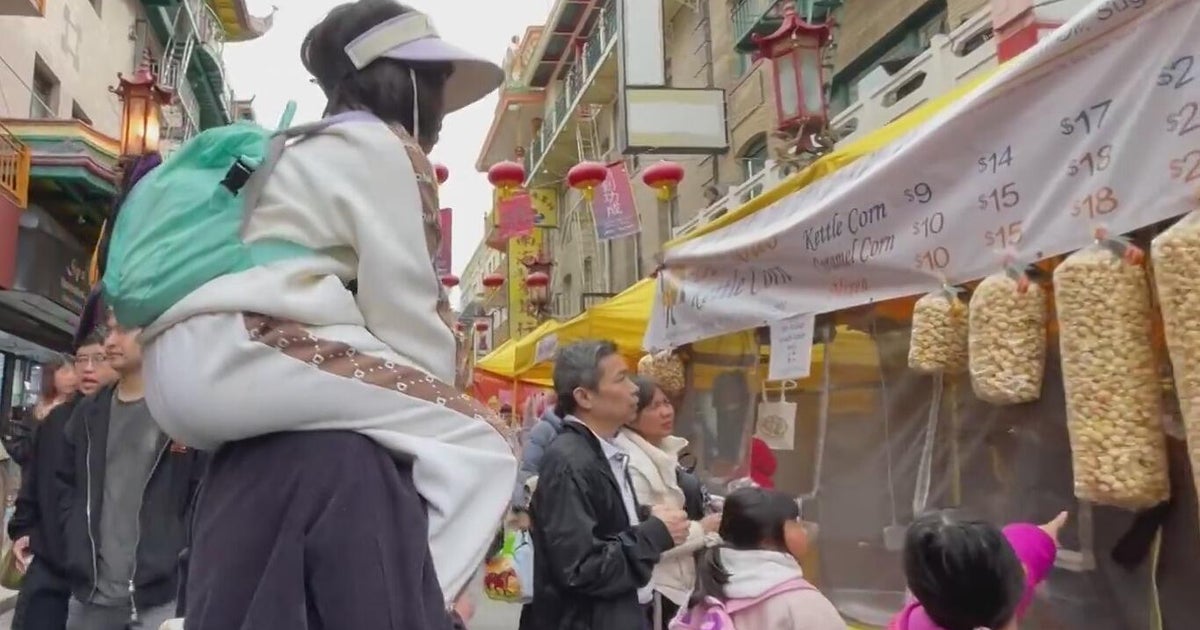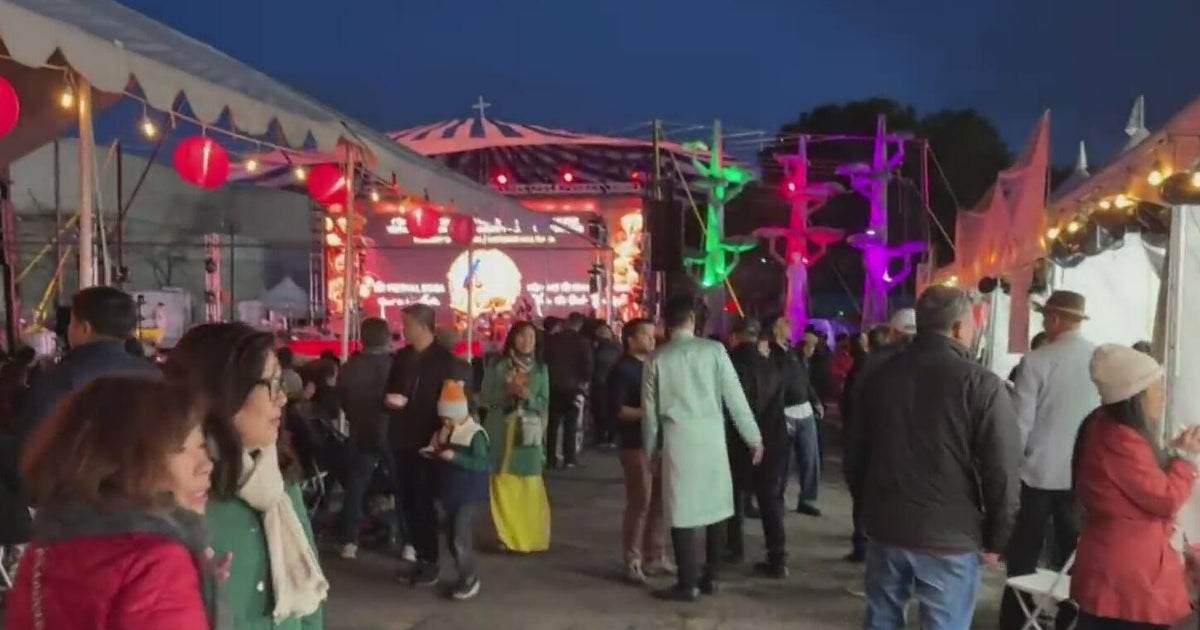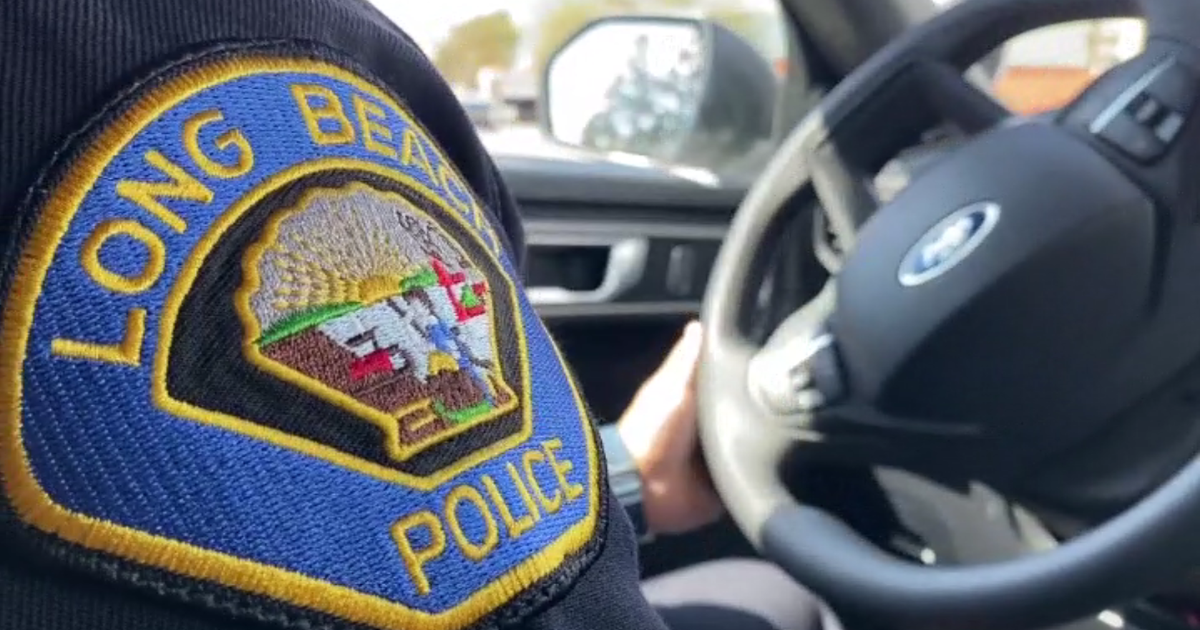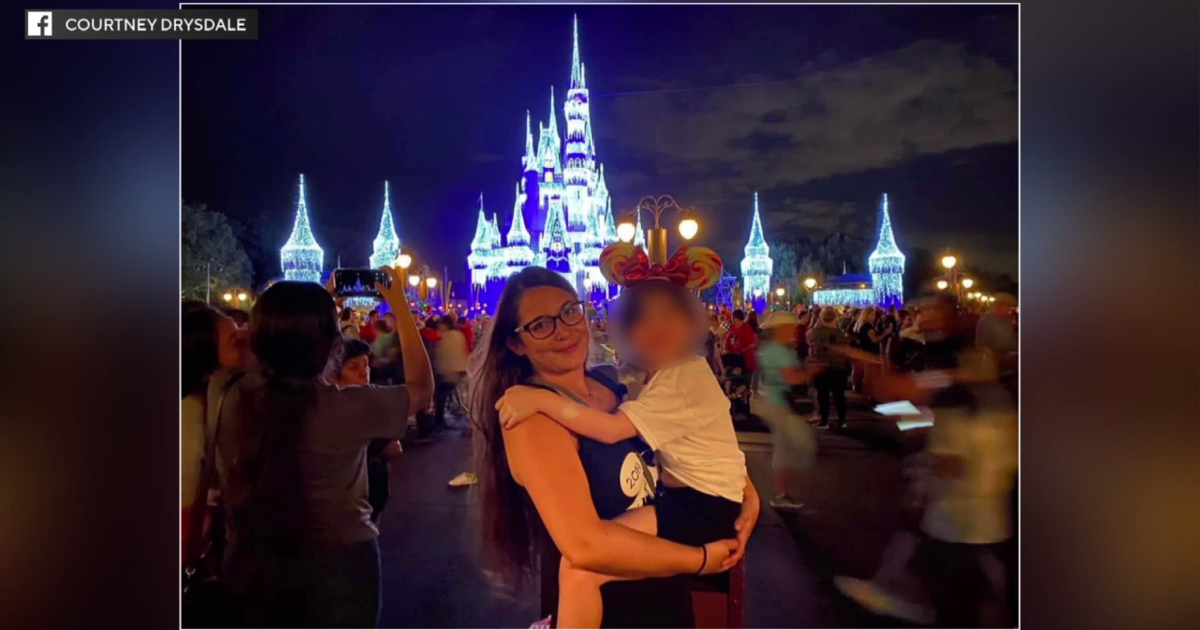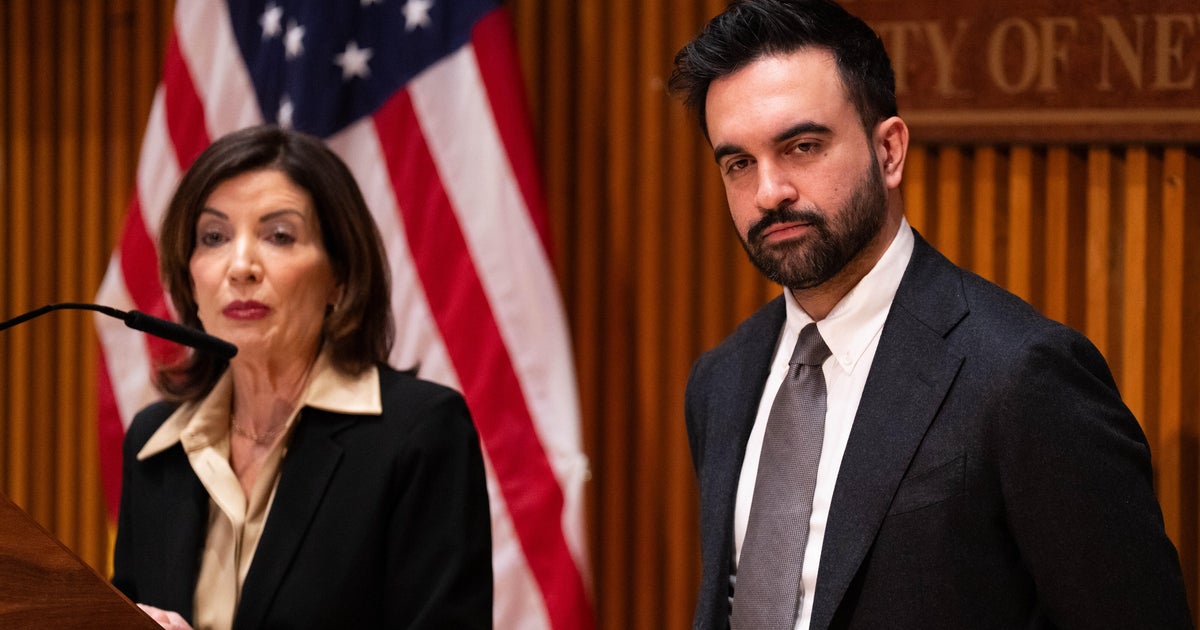AAPI community hails $30M state funding to combat hate crimes, help victims
SAN FRANCISCO -- Assemblymember Phil Ting, D-San Francisco, and others active in addressing hate against the Asian and Pacific Islander community on Wednesday celebrated a victory after $30.3 million was approved for distribution by the California Department of Social Services to local nonprofits.
The money, to be distributed in grants to organizations that are providing services to victims and strengthening violence prevention programs, is part of the $166.5 million Asian and Pacific Islander Equity budget that was passed in California last year.
Ting, the Assembly budget chair, heralded the legislation as one of the largest appropriation bills to address the spike in hate crimes against the AAPI community seen during the pandemic in California and across the United States.
Ting said that a spike in hate crimes and bias across many communities occurred during the pandemic, with anti-AAPI bias incidents increasing by over 177% from 2020 to 2021, according to a report from the California Attorney General's office.
"We're very, very excited to see the grants go to many of our largest community organizations," Ting said. "We're also really proud of the coalitions that have come together that are working to fight AAPI hate."
For community organizations, the grants represent a big step toward addressing issues that have been facing the AAPI community for decades.
"These are long-standing issues in our community, not only in terms of hate incidents, but also being underserved," said Karthick Ramakrishnan, chair of the state's Commission on Asian and Pacific Islander American Affairs.
The money is expected not only to help survivors of hate crimes and the broader AAPI community, but also to inform the government on how to better address the issues facing the community, Ramakrishnan said. Organizations receiving the grants are also expected to use the funds for mental health and wellness resources, legal aid, aid navigating government agencies and language accessibility.
"Ultimately, what we are all striving for is to create California as a place of belonging and not a state of hate," Ramakrishnan said.
Cynthia Choi, co-executive director of the group Chinese for Affirmative Action, which forms part of the Coalition for Community Safety and Justice in San Francisco, said the grants will be useful in addressing much more than hate crimes.
Choi said that equity issues ranging from language barriers to affordable housing are tied together, with these grants aiding in addressing many issues at once.
"I cannot overstate that this is an example of good government," Choi said.
Nikki Dominguez, a policy director at Asian Americans Advancing Justice in Los Angeles, expressed gratitude for the grants going to existing organizations that have already gained trust within AAPI communities.
Dominguez clarified that the work being facilitated by the $30.3 million will be community-driven and victim-focused, given the emphasis being placed on organizations already embedded in communities.
"Our work is not done and we have to continue to increase awareness around these issues but also engage partners and community members, moving them to be active members of creating safer communities across our state," Dominguez said.
For some organizations, this money will allow for more resources and focus to be placed on mental health services for those in the AAPI community. Mary Ann Foo, the founder and executive director of the Orange County Asian and Pacific Islander Community Alliance, said that calls for mental health assistance within the AAPI community nearly tripled during the pandemic.
Foo said that the pandemic brought about a rise in AAPI hate that reminded her of AAPI hate she faced growing up during the 1980s.
"When I was a little girl, I would be afraid to walk to school," Foo said, an experience she said was common for those in the AAPI community.
Foo said her organization will use funds to bring vital mental health services to those who need the resources.
"They have trauma that has been there for many, many years," Foo said.

